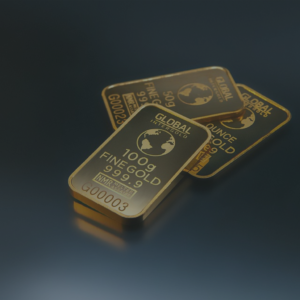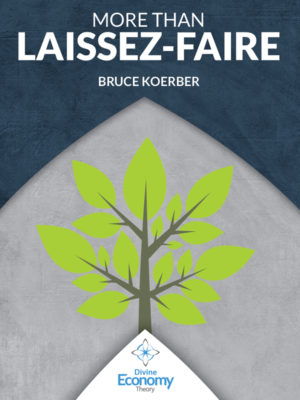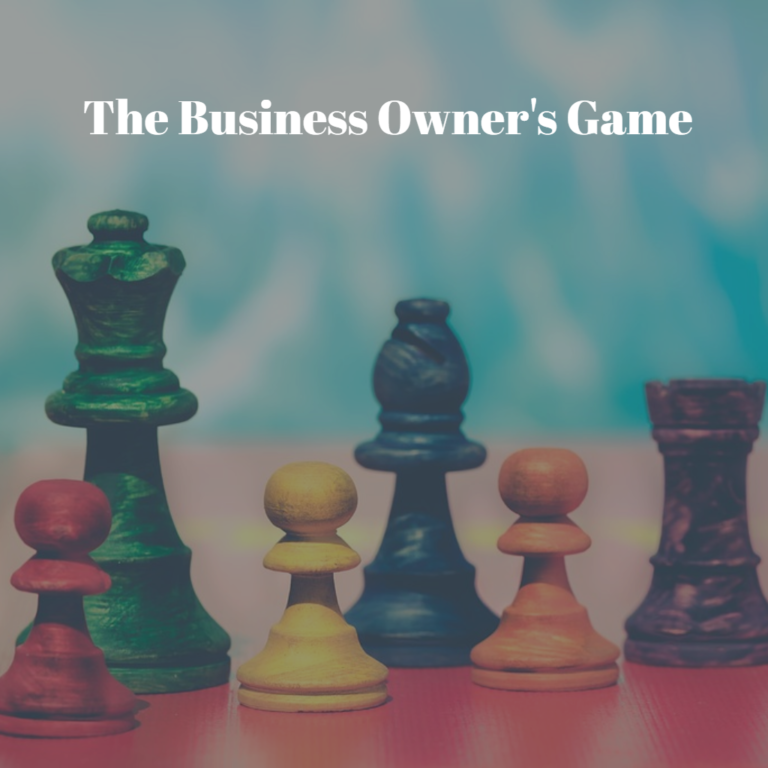How is the future of money like the future of language?
This is my new blog format. Tell me what you think about it.

By Bruce Koerber
Gone are the burdensome days when the apples I harvested could be traded for the eggs I needed only if I could find someone who desired apples and who also had extra eggs. Barter is inefficient and a barter economy is archaic.
The future of money is like the future of language.
Similarly a barter economy is analogous to innumerable mother tongues with only a few persons who can speak several of these languages. When the right person is found only then is information shared and only then does communication occur. Otherwise the exchange of ideas and wants and desires is at a standstill.
The future of language is a good premonition into the future of money. When humanity recognizes the merit of universal communication the time will be ripe for the adoption of a universal auxiliary language.
We all know first hand about the problems with ‘not speaking the language.’ It is inefficient, in the very least, and it is frustrating. It even breeds suspicion and the feeling of foreignness. None of these are beneficial to human civilization.
When an international auxiliary language is voluntarily agreed upon throughout the world then there will be at least two languages spoken by everyone, the mother tongue that encapsulates many cultural gems, and the auxiliary language which facilitates communication universally.
The future of money is thus similar to the future of language. The multiplicity of historic private monies tells the story of trustworthiness in the respective societies and cultures yet a shared commonality of a universal gold standard makes the money functional everywhere in the world. All of the inefficiencies of bartering dissimilar currencies go away which facilitates peace and prosperity.


What does a mature, advanced human civilization look like? Here are two of its features:
1). A universal auxiliary language spoken by all people complemented by a rich diversity of mother tongues that preserve cultural diversity.
2). A universal gold standard which is the anchor of trustworthiness facilitating transaction worldwide, complemented by competition among private monies for the highest degree of integrity and transferability.
The future of human civilization is glorious and the future of money has similarities with the future of language.




